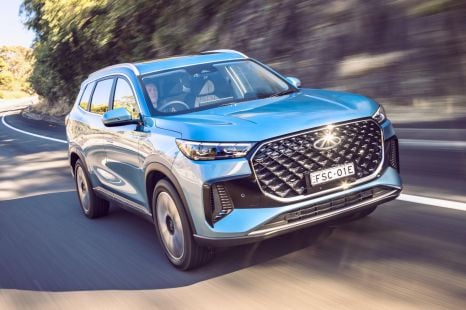

Max Davies
5 Days Ago

Contributor
Toyota has declared good old-fashioned customer service and a solid dealer footprint as the key trumpcards for carmakers in their quest to retain a strong foothold in the Australian auto market.
Australia’s already saturated new-vehicle market enters unchartered territory in 2025, when at least another half a dozen highly ambitious Chinese marques will enter the fray, bringing to more than 65 the number of players fighting for what’s expected to be a smaller pie and forcing even greater fragmentation of the local auto landscape.
On a global scale, the Chinese car industry has already proved a huge disruptor in terms of the overall auto market, stealing a chunk of volume from established brands and helping to push the likes of Volkswagen and Nissan against the financial ropes.
100s of new car deals are available through CarExpert right now. Get the experts on your side and score a great deal. Browse now.
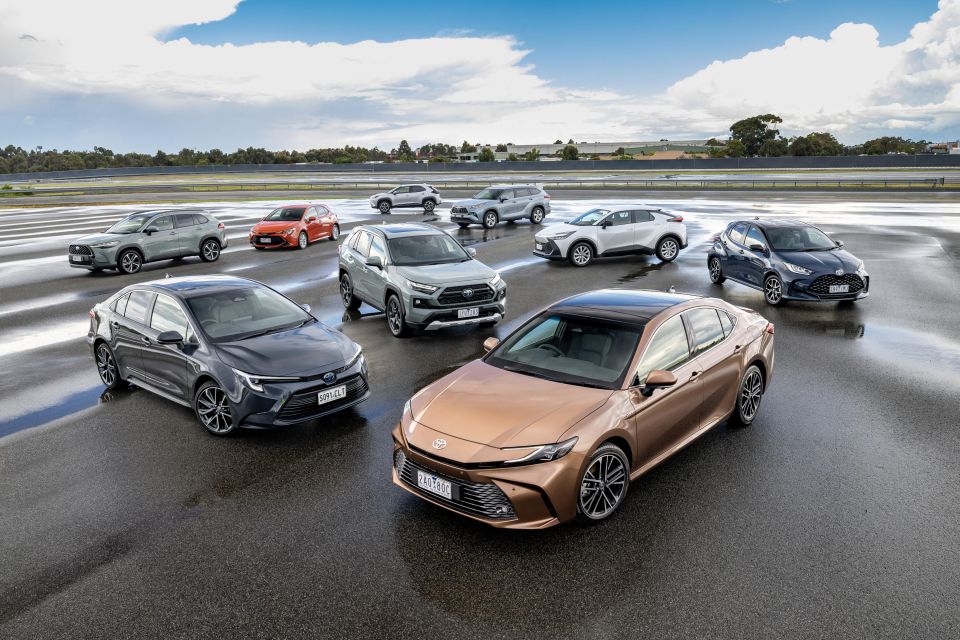
But in the wake of a record 2024 local auto market, in which Toyota led the way for the 22 consecutive year with a huge 19.5 per cent share, Toyota Australia sales chief Sean Hanley says he believes customer service and dealer networks will remain key strengths of established car brands.
“I don’t want to comment on other brands specifically, but I hope we don’t see more exit because no-one takes any joy out of that. One of the hardest times in automotive history was when Holden pulled out of Australia,” said Mr Hanley.
“But it’s hard to see how 60-plus brands can continue in a market of 1.2 million sales – and that will rise as the year goes on. You just have to do your math.
“I can’t imagine how all those brands are going to survive, and how they can service customers and service parts and invest in the franchises to provide the service that Australians need over a massive geography.

“Australia is quite unique in some ways. In my thinking, we tend to talk about product or cars, which is important. However, I think that brands that service their customers the best are the ones that will survive in Australia.
“Therefore, you would have to think it is the established brands that remain strong with their well-invested networks.”
Mr Hanley’s sentiments echo similar remarks by the nation’s chief auto retailing association, the Australian Automotive Dealer Association (AADA), which previously predicted there will be more brand casualties in the coming months.
The list of legacy car brands to have exited the Australian market in recent years is increasing, headlined most recently by the exit of French marque Citroen.

Conversely, most of the brands breaking into the Australian market hail from China, including Deepal, Leapmotor, Xpeng and Zeekr in late 2024.
They’ll be followed in 2025 by Geely, Skywell, GAC/Aion and Chery spinoff brand Jaecoo, while Foton will also recommence selling utes in Australia next year under new distributor Inchcape. Another possibility is Nio.
“It will be interesting to see where it all goes,” Mr Hanley said. “But looking at the math, I find it very hard that all these car companies can be healthy, wealthy and service customers the way customers in Australia expect going forward.
“For Toyota, we will continue to focus on quality sales and doing what we do best – and that’s providing customers with the best experience. In the end, that’s still the most important thing.”
CarExpert helps new car buyers save thousands with expert reviews, honest advice, and transparent pricing – no dealer pressure and no sales games.


Max Davies
5 Days Ago
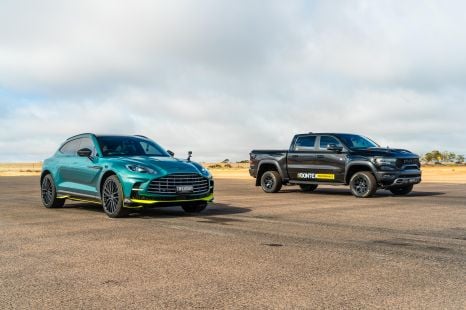

Paul Maric
4 Days Ago
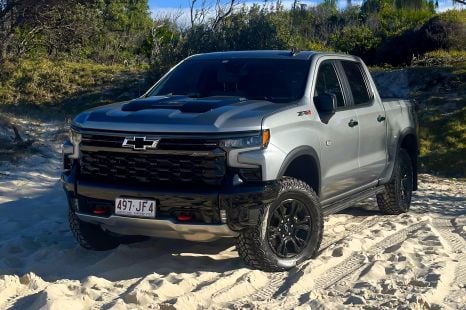

William Stopford
4 Days Ago
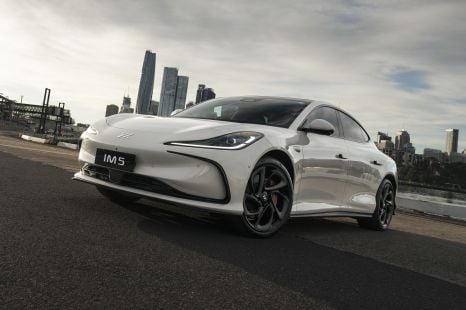

William Stopford
3 Days Ago
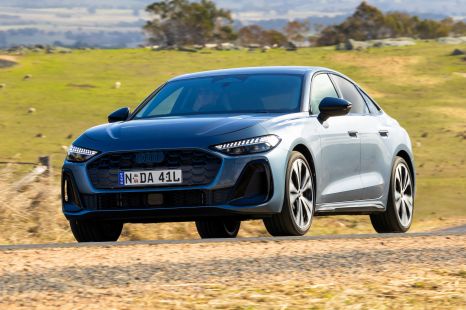

James Wong
2 Days Ago
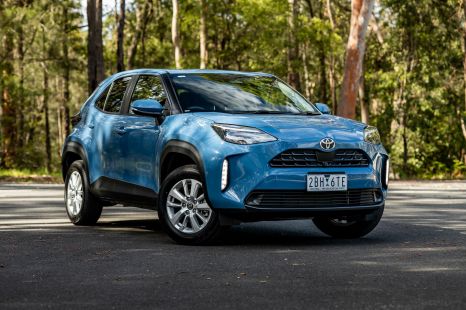

Matt Campbell
22 Hours Ago